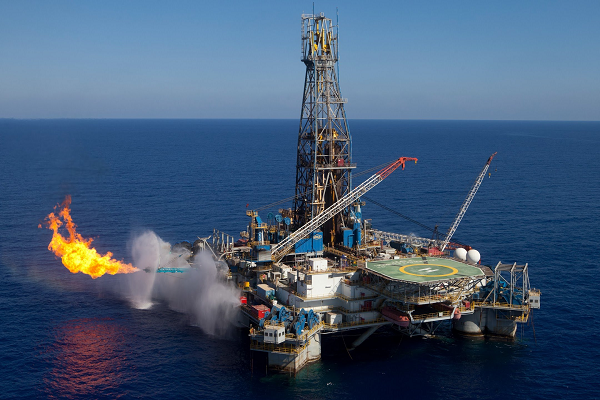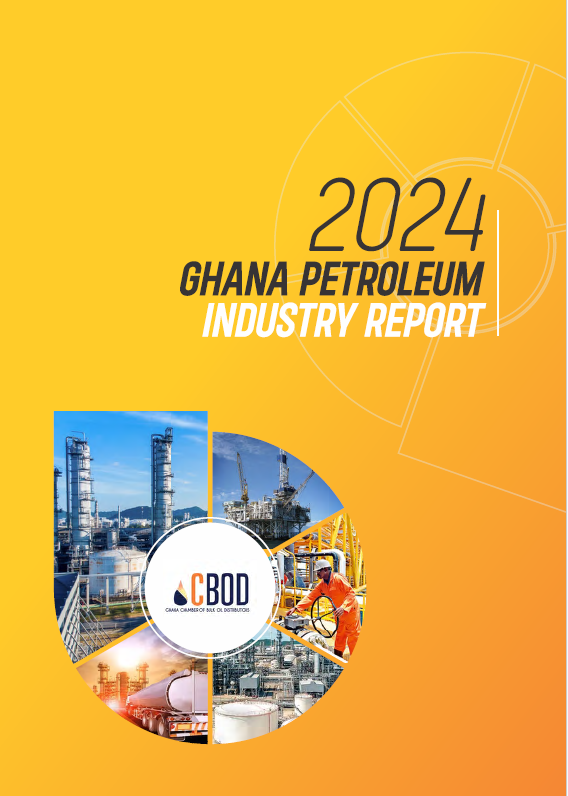Gas production experienced a significant rise in 2020 with a total production of 237,962.82 MMSCF of Associated Gas (AG) and Non-Associated Gas (NAG), the 2020 Public Interest and Accountability Committee (PIAC) Annual Report has said.
The increase in production was about 40 per cent over the 2019 volume of 169,508.61 MMSCF of raw gas produced from the Jubilee; Tweneboa, Enyenra, Ntomme (TEN); and the Sankofa Gye Nyame (SGN) oil Fields.
The 2020 PIAC Annual Report on the management and use of petroleum revenues obtained by the Ghana News Agency at Tema, covering the period January to December, attributed the significant rise to the commercialisation of natural gas in the country.
“For the second consecutive time, the SGN Field produced the highest volume of combined AG and NAG with 114,825.74 MMSCF while the Jubilee and TEN Fields produced 64,462.41 MMSCF and 58,674.67 MMSCF respectively,” the report disclosed.
The report further indicated that Jubilee gas production was relatively lower in the first two months of the year due to maintenance works on the gas pipelines.
However, it noted that there was an increase in gas production and stable production operations in the Field in the ensuing months, and said: “the TEN field gas production was relatively stable, with higher output towards the end of the third and last quarters of the year,” the report explained.
The report said: “the production of gas from the SGN field recorded a significant increase of 64 per cent from 69,941.60 MMSCF in 2019 to 114,825.74 MMSCF in 2020,” and added that the highest production of NAG (7,418.16 MMSC) was recorded in March 2020.
With regards to crude oil production, the report revealed that 2020 marked a reduction in annual oil production volumes after three years of consecutive production increases with production declining by 6.3 per cent from the 2019 volumes.
It said the relatively lower production volume in 2020, was due to reduced production on the Jubilee and TEN Fields.
There was a general decline in revenue, attributed to lower production volumes and unfavourable international crude oil prices, exacerbated by the COVID-19 pandemic, which generally brought uncertainties in the global upstream petroleum industry operations during the period.
“For the year 2020, a total of 66,926,806 barrels were obtained from the three producing fields, lower than the 2019 figure of 71,439,585 by 6.3 per cent.
“Of the total output, the Jubilee Field produced 30,424,539 barrels compared with a 2019 volume of 31,915,377 barrels; the TEN Field’s 17,802,536 barrels as against 22,319,137 barrels in 2019; and the (SGN) Field, 18,699,731.01 barrels relative to 17,205,070.85 barrels in 2019.”
It added that the Jubilee Field continued to contribute nearly half the total output, even though production reduced slightly by 4.7 per cent.
“The TEN Field’s production declined by 20 per cent from 22,319,137 barrels in 2019 to 17,802,536 barrels in 2020,” it disclosed and explained that it was due to the drilling and completion activities of the Nt09 production well and other maintenance activities, which led to a loss in production time.
The report said the SGN Field recorded its third full-year production, increasing its output by 8.7 per cent from 17,205,070.85 barrels in 2019 to 18,699,731.01 barrels in 2020.
This performance, the report observed, was attributable to stable production operations, resulting from the FPSO John Agyekum Kuffuor’s (JAK) improved plant uptime and the coming on stream of the OP-9 and OP-10 producer wells.
According to the report, the highest monthly production volumes were recorded in January on both the TEN and SGN Fields, with May yielding the highest volume for the Jubilee Field, and said, the cumulative oil production from 2010 to 2020 now stands at a total output of 453,387,699 barrels.
—GNA





